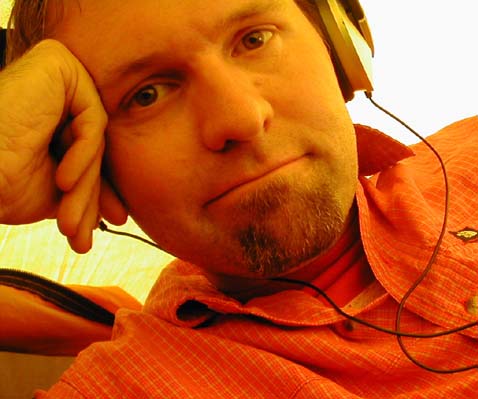I was the substitute eye doctor last week as I covered for our executive
director when he got called away into town for a meeting. We ended up
seeing around 200 patients in the two days that we went out into the
community clinics, and most of the time there wasn't much help in
translating, so I was amazed at how 200 people could really pretty much
manage to sum up their complaints in about 5 ways: 1) my eyes hurt, 2)
my eyes feel like there is dust in them, 3) I can only see smoke and
blackness, 4) I can see far away but I get a headache when I read, and
5) People in the distance are blurry but when they get closer I can see
them okay. Maybe that was limited some by my language skills, but
honestly, that managed to sum up close to 190 patients (the other 10
were more fun -- my favorite was the 10 year old girl who was brought in
because she couldn't see when it was dark at night, but when they turned
the lights on she could see okay -- exactly what's the problem there?).
Most people when they present to the hospital don't even describe what's
wrong, they just name the body part -- ie "What's wrong?" "Eyes." (as
if I couldn't have guessed since they were coming to the EYE clinic).
Sometimes this gets pretty funny as you get a list of body parts from
some of the older patients, like learning anatomy: "How are you
today?" "Eyes, neck, chest, stomach, back, legs, arms, head." And when
you see them the next day, it's the same: "How are you feeling today?"
"Eyes." This can be frustrating when you're trying to work out whether
they feel better or worse.
It's funny that the vocabulary to express problems is so limited,
however. At home we're taught to elicit all the parts of someone's pain
-- is it stabbing? burning? like shocks? crampy? and so forth -- but
here there's really just one word for pain and it pretty much sums up
everything. Complaining is not so much of a right. I wonder if like
the Eskimos with their 82-odd words for snow if our vocabulary points
out our fixation on pain in the states, and also being pain-free, where
here the expectation is that pain is part of life, not something to be
dwelt upon.
Subscribe to:
Post Comments (Atom)

No comments:
Post a Comment